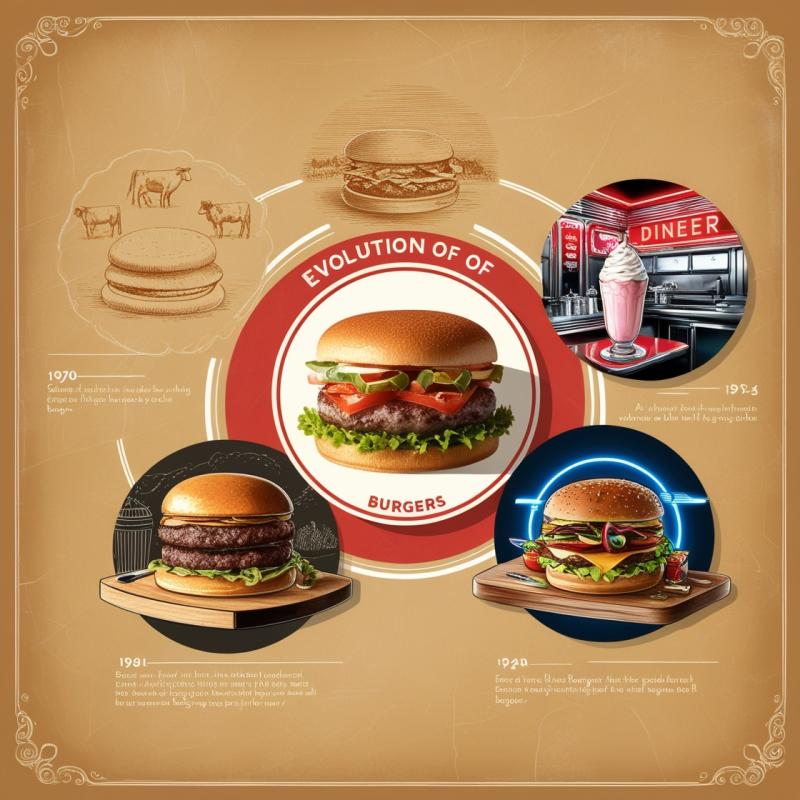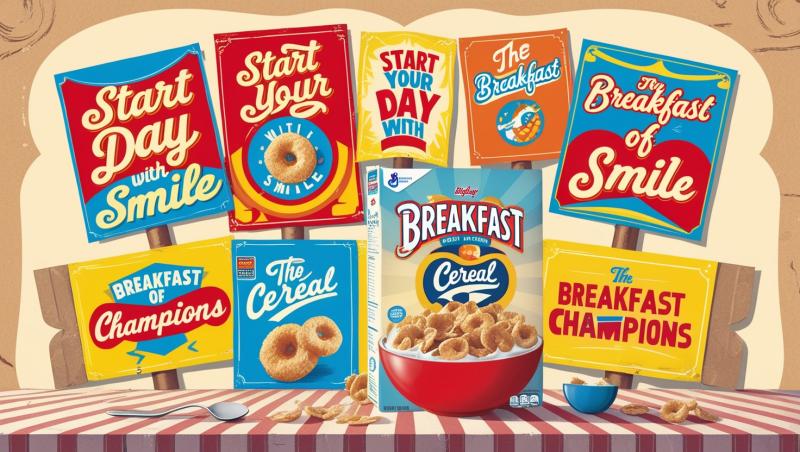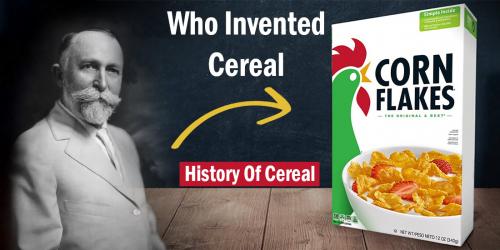
The history of burgers is a long journey that spans centuries on different continents. This history reflects the changes in society, economy, and culture. Burger was started as a patty of ground that had evolved into a worldwide phenomenon. It is important to consider that different cultures and variations have a magnificent impact on the burger. Here, we take a look at the origin, development, and rise of the burger.
Origins of the Burger
The concept of ground or minced meat shaped into fabulous patties. Ancient civilizations also have evidence of these patties. However, the actual forerunner to the latest burgers started in the 13th century because of Mongols who carried patties of minced meat during their emergence in Europe and Asia.
These patties were retained under their saddles to abate them during their long expedition. This became popular in Russia, where it is named “Steak Tartare” to align with the Mongolian tribe “Tartars.”
This fabulous dish made its way to Germany by the 18th century. In Germany, it was a magnificent dish in the port city of Hamburg and became “Hamburg steak.” This Hamburg steak was a delicious dish created from minced beef with spices and onions. It was served as a lightly cooked or raw dish. German immigrants came to the USA with this dish in the 19th century. It paved the base for the modern Hamburger.
The Origination of the Hamburger in the United States of America
The transition of Hamburg to the modern Hamburger happened in the late 19th century and the start of the 20th century. However, the actual origin of the Hamburger is still a subject of debate, with different claims for its invention. It is important to note that several historians agree that the burger, like a sandwich containing a beef patty between the two bread slices, started in the United States of America.
Where was the Hamburger invented? It was invented in the USA. The most familiar instance of serving hamburgers was happened at the World’s Fair in 1904 St Louis. Fletcher Davis, known as “Old Dave,” was credited for introducing the Hamburger at his food stall.
Who invented the burger? Louis Lassen, a Danish immigrant, stated that he served the first hamburger sandwich in New Haven in his lunch wagon in 1900. He placed a Hamburg steak between the toast slices.
The Rise of the Hamburger
The Hamburger gained magnificent familiarity in the USA because of the quick expansion of the fast-food market. Walter Anderson and Billy Ingram initiated the first fast-food “White Castle” in 1921 in Wichita, Kansas. This fast-food chain standardized hamburger production and offered the treats at a lower price. The main focus was efficiency and cleanliness to make burgers accessible to a larger number of consumers.
The success of White Castle motivated others, and several burger chains started to emerge, each making a significant contribution to the rise of burgers’ popularity. Maurice James McDonald and Richard James McDonald, familiar as the “McDonald Brothers,” started the first-ever McDonald’s restaurant in San Bernardino in 1948.
McDonald's revolutionized the fast-food industry by introducing the “Speedee Service System,” which streamlined the production process of menu items, including burgers. This enabled McDonald's to provide food quickly and at a cost-effective price. This phenomenal business model was expanded by Ray Kroc, who bought the McDonald’s brand. This expansion brought exceptional growth in the global fast-food franchises.
Cultural Adaptations and Variations
When the burger became popular in the world, it was adapted to meet the different cultural preferences and tastes. Several countries are using local flavors and ingredients in the burgers to offer a variety of local variations to consumers.
Triyaki burgers have become the best choice in Japan, and they consist of a savory and sweet sauce created from sugar, mirin, and soy sauce. Veggie burgers in India are made from different ingredients such as spices, peas, and potatoes to serve the vegetarian population.
The burger is known as a fabulous symbol of American consumerism and culture. It is associated with the spread of fast-food chains originating from the USA. This cultural export was also caught by the controversy because it is termed as a form of cultural imperialism. However, the adaptability and versatility of the burgers paved the way for diverse culinary cultures.
Food chains have also started to use customized burger boxes wholesale to preserve the freshness and taste of burgers and improve the consumer experience.
The Modern Burger With the Canvas of Creativity
The burger has transited its humble beginnings to own a canvas for exceptional culinary creativity. Gourmet burgers consist of premium ingredients such as exotic toppings, artisanal cheeses, and grass-fed beef. These burgers have become a staple in the best restaurants across the world.
The boost in the demand for plant-based diets has resulted in the development of meatless burgers such as Beyond Burger and Impossible Burger, which are ideal choices for eco-conscious consumers, vegans, and vegetarians.
The evolution of the burger is continuous because home cooks and professional chefs experience the burgers with different presentation styles, textures, and new flavors. The burger is always delicious and the first choice to endorse culinary innovation, whether it is a vegan alternative, a towering double-decker, or a cheeseburger.
Who Invented the First Burger?
It is still a mysterial debate about who actually invented the burger. However, several people believe that Louis Lessen invented the first-ever burger. A customer placed an order for a hot meal but Lessen was out of the steaks. Therefore, he made a burger quickly and served the customer.
Where Was the Burger Invented?
The origin of the burger is still a mystery, but several food historians agree that the burger was invented in the USA at the start of the 1990s or late 1800s. However, different claims have different investors, such as Fletcher Davis in Texas and Louis Lassen in Connecticut.









Comments